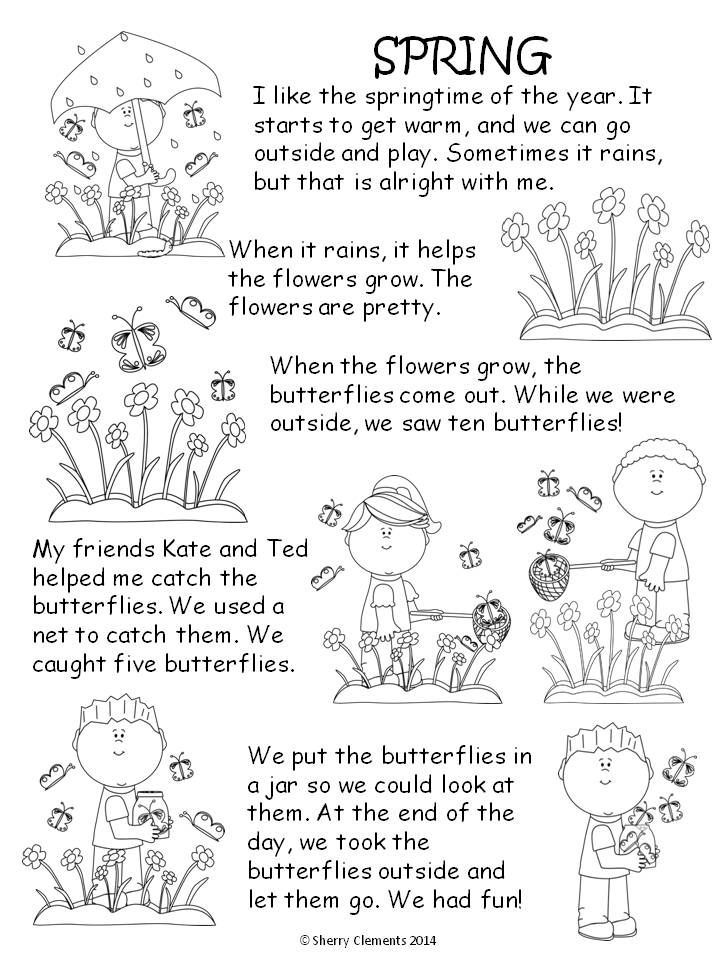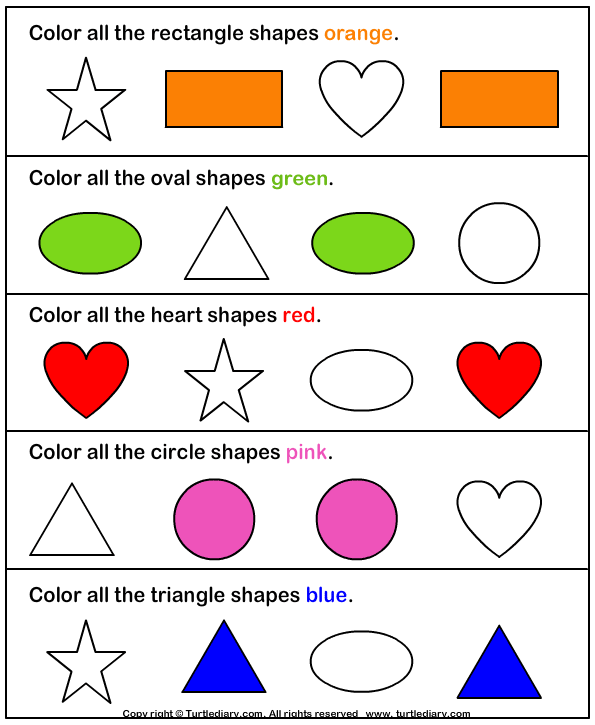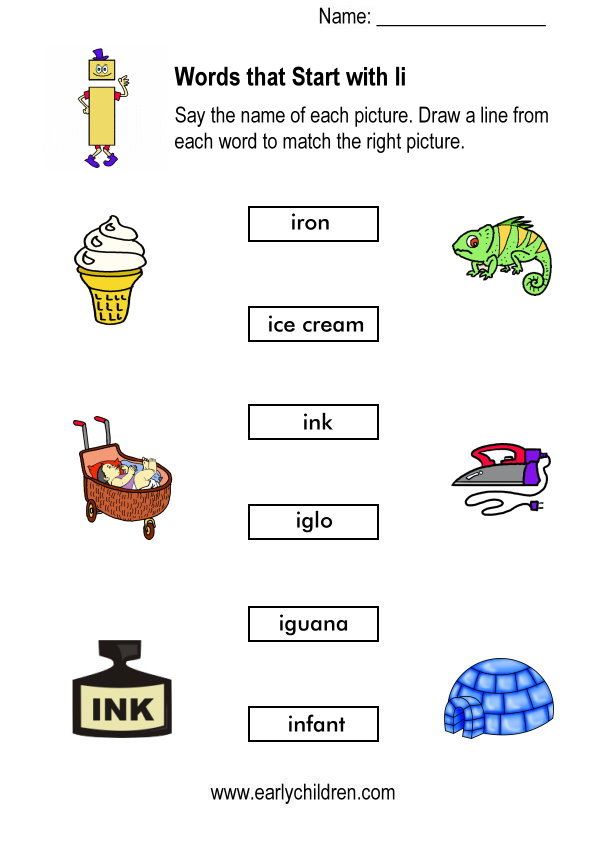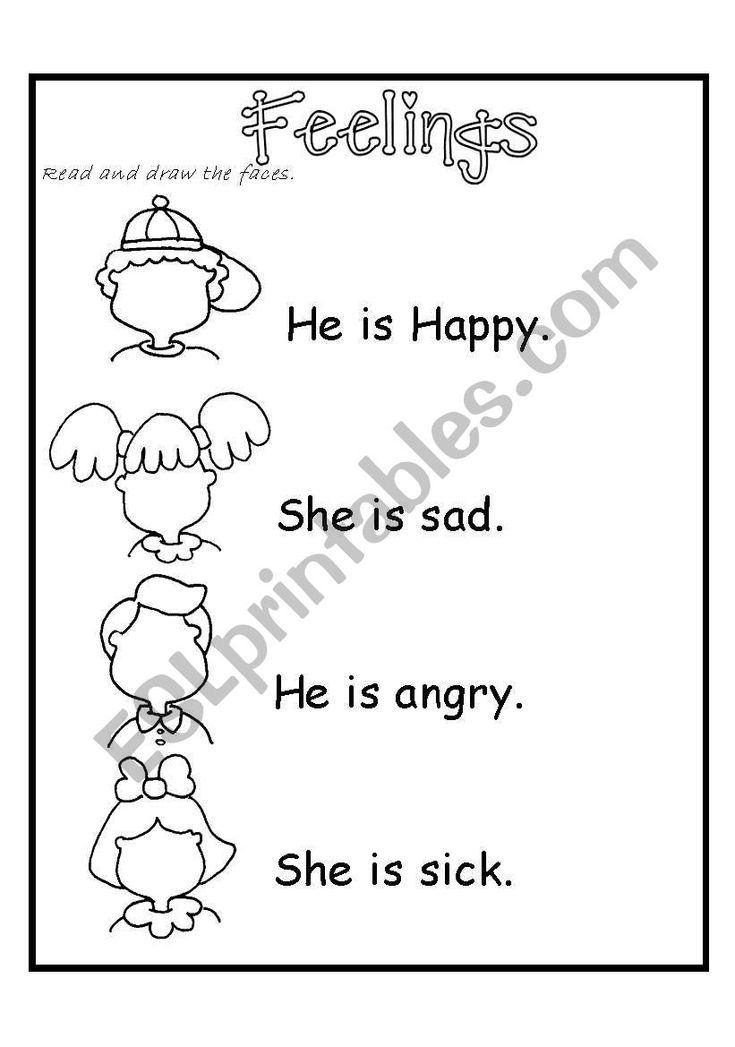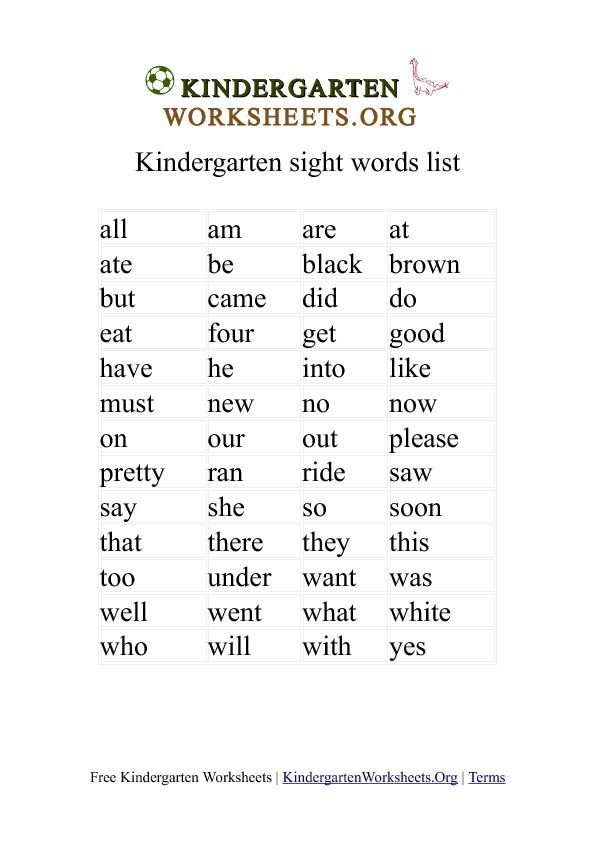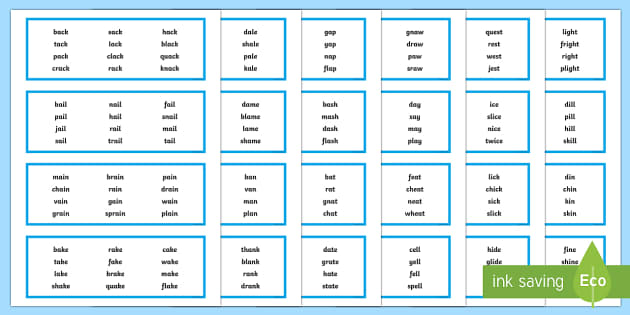Reading for kids age 8
The Story of Yes and No
Written by Daniel Errico
Illustrated by Ricky Audi
Before words were words, a boy named Yes lived in a small village in a small kingdom. Yes was good at everything. He was the best, smartest and most liked person in his village.
Yes had a brother, and his name was No. No was jealous of his brother, because he was not much good at anything himself. Whenever the villagers asked No for help, he
refused because he didn’t like people very much. Whenever someone asked Yes for a favor, he would gladly help, and he secretly didn’t mind the fact that it irritated No when he did.
One day Yes and No’s father, Okay went on a long journey and he left his two sons
in charge of all the animals. Yes took good care of the great guck, and the icks, and the three-toed yock. [Keep in mind, my dear friend, that the guck, ick, and three-toed yock were very old animals, so you might know them by different names today.] No didn’t want to be bothered with the boring tasks involved with taking care of the animals. So instead of helping his brother, No went down to the lake and threw rocks into the water.
A few days after his father left, Yes asked his brother to watch the three-toed yock while he went to find some food to eat. Instead of doing what Yes asked, No lay down, shut his eyes, and forgot about the yock.
It just so happened that the King had a personal road nearby, and he traveled on it often. So often, that when the three-toed yock wandered onto the road, the King’s carriage was passing by and had to swerve to avoid hitting it. The King was thrown from the carriage and fell to the ground and hurt himself.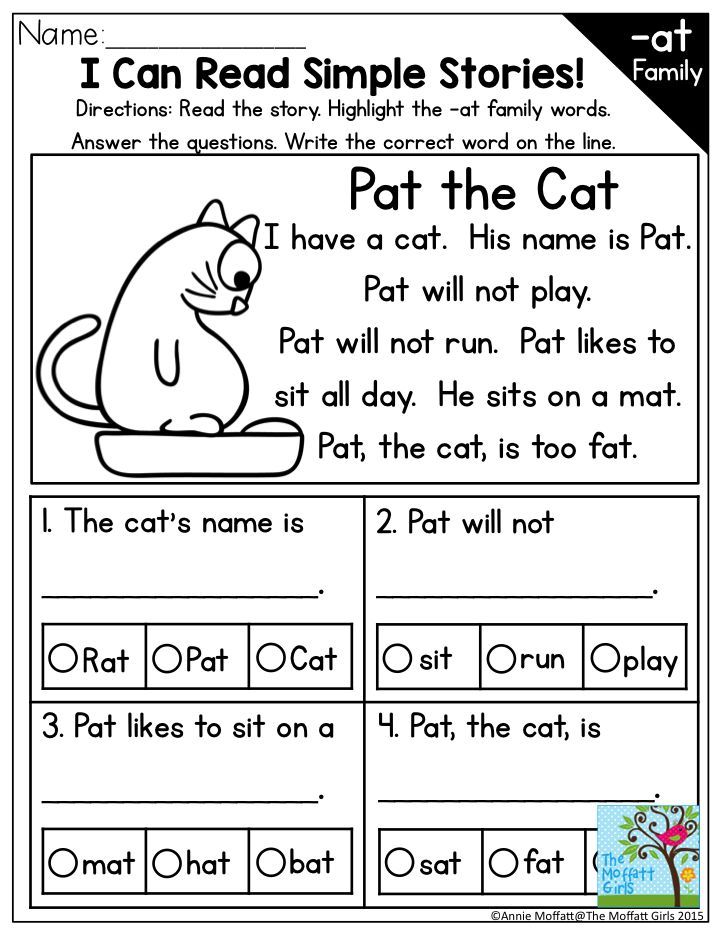
The King demanded to know why a three-toed yock had been allowed on his road and asked all the villagers for an explanation. Yes was always honest, so he told the King the entire story.
The King thought for a moment, and then he came up with an idea that he was quite happy with. Yes and No were to work in the castle as his personal assistants as punishment for what was later referred to as the worst three-toed yock and carriage accident in the Kingdom’s history.
The King needed help with many things around the castle because a King cannot be bothered with the daily tasks involved with running a Kingdom. However, soon after his decision about the two brothers, the King realized that only Yes would be of any use to him as a servant. Whenever the King asked No to bring him anything, it would get thrown away, broken, or eaten, without exception. The King was quite sure that No was the worst servant in the entire world.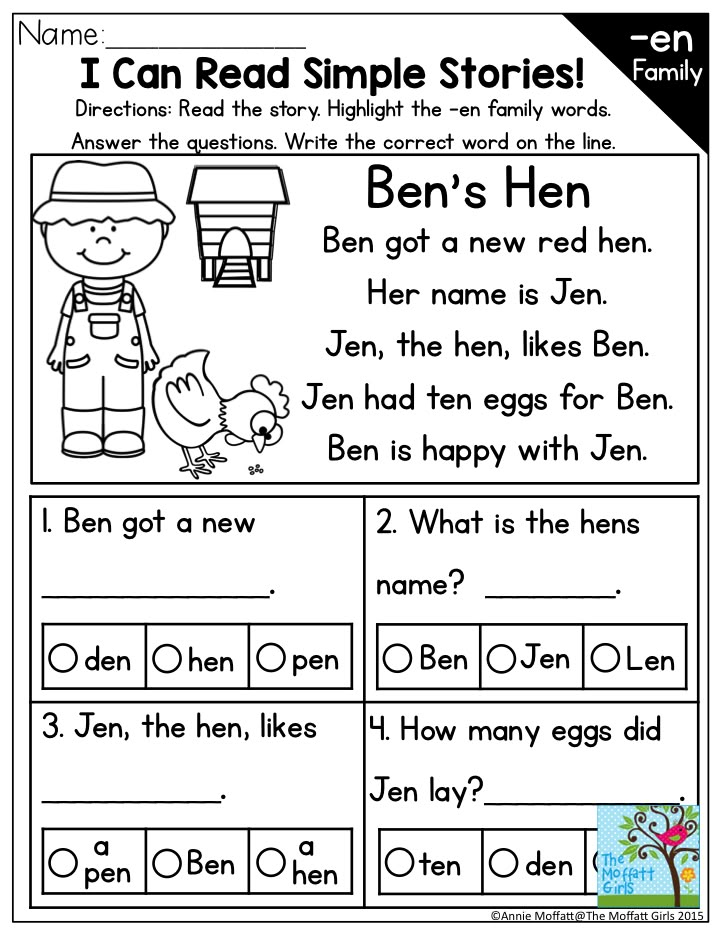
The brothers’ most important task was to help pick the food for a grand party that the King was throwing later that night. Cooks from all over the Kingdom lined up at the castle’s gate to offer the King their food for the party. Of course, the King could not go and grab the food himself, so he asked Yes and No to do it for him.
The first cook came up the gate and yelled to the Gatekeeper, “I bring my delicious ugberry pie for the King’s banquet!” The King heard this and thought that ugberry pie would be perfect for such an event (and he would love to eat the leftovers). He didn’t want anything to happen to the ugberry pie, so he yelled “Yes!” and then asked him to go fetch it.
The next cook stepped up to the gate. “I offer the King grukie soup!” he said.
The King didn’t like grukie soup very much and he knew just how to get rid of it.
“No!” he yelled and then sent No out to retrieve the soup.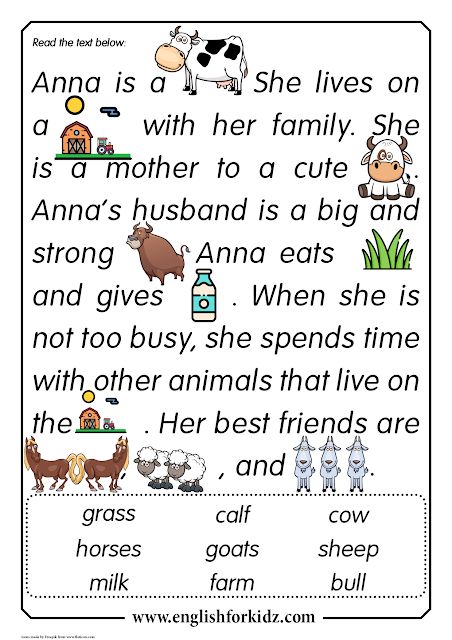 No dropped the soup before the King could even smell it.
No dropped the soup before the King could even smell it.
This went on for hours. If the king liked a dish, he would yell “Yes!” and it would be included in the night’s feast. If he did not, everyone would hear a loud “NO!” and the dish would be destroyed moments later by a servant with a very bad attitude.
Pretty soon this started catching on around the Kingdom, for if a King does something, his loyal subjects are never far behind. If they didn’t want a second scoop of potatoes, they would say “No.” And if they liked what someone was offering, they would say, “Yes.” And ever since that day in a small village in a small kingdom, Yes has meant Yes, and No has meant No.
This small kingdom also happens to be the birthplace of Yes and No’s cousins, Please and Thanks, but that is another story for another time…
Dennis and the Dream Factory
Dennis didn’t feel like sleeping.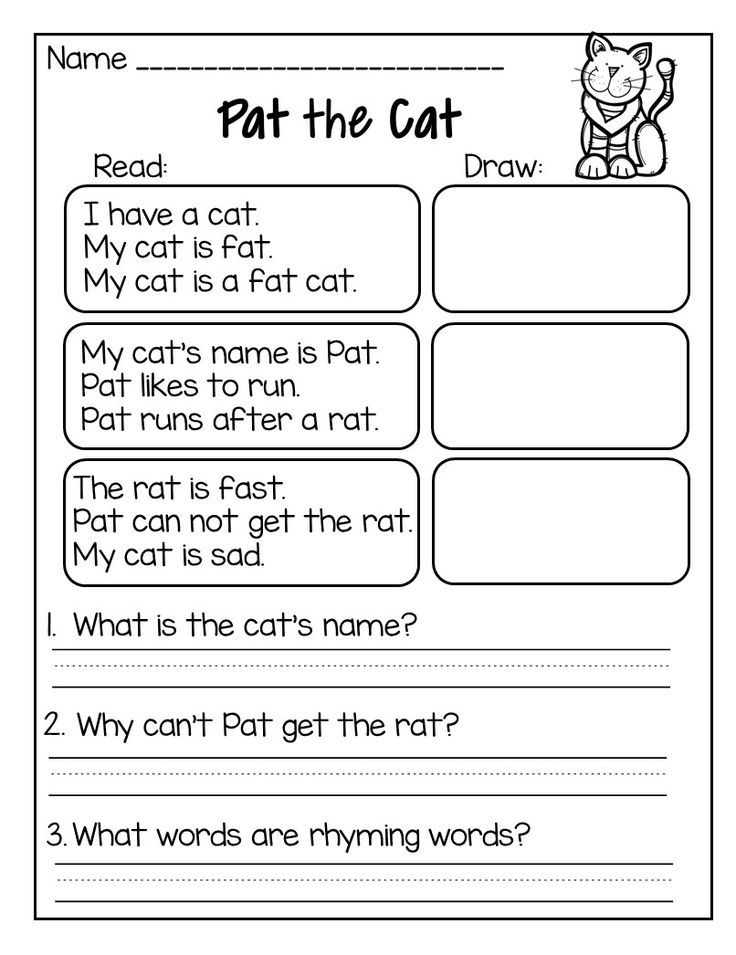 He had gone to bed at the same time every night for as long as
He had gone to bed at the same time every night for as long as
he could remember. He was tired (not sleepy-tired, more like sick and tired) of going to bed
when his parents told him to. So one night, when fall seemed over, but it wasn’t yet winter, he
decided he would stay up!
What Dennis didn’t realize, is that staying awake at night is hard when your body needs to
sleep. He tried everything he could think of to stop himself from falling asleep. He tried counting wolves (if counting sheep makes you sleepy, then counting wolves must surely do the opposite), but unfortunately it made him even more tired. He started to suspect that it was the counting, and not the choice of animal, that made people sleepy.
He tried holding his eyelids open, but that was difficult and altogether odd-looking. He even tried doing math problems in his head to stay awake, but the only thing more boring than solving math problems is trying to think of math problems to solve.
Dennis was just about ready to give up when he heard a faint squeak from his hamster Charlie.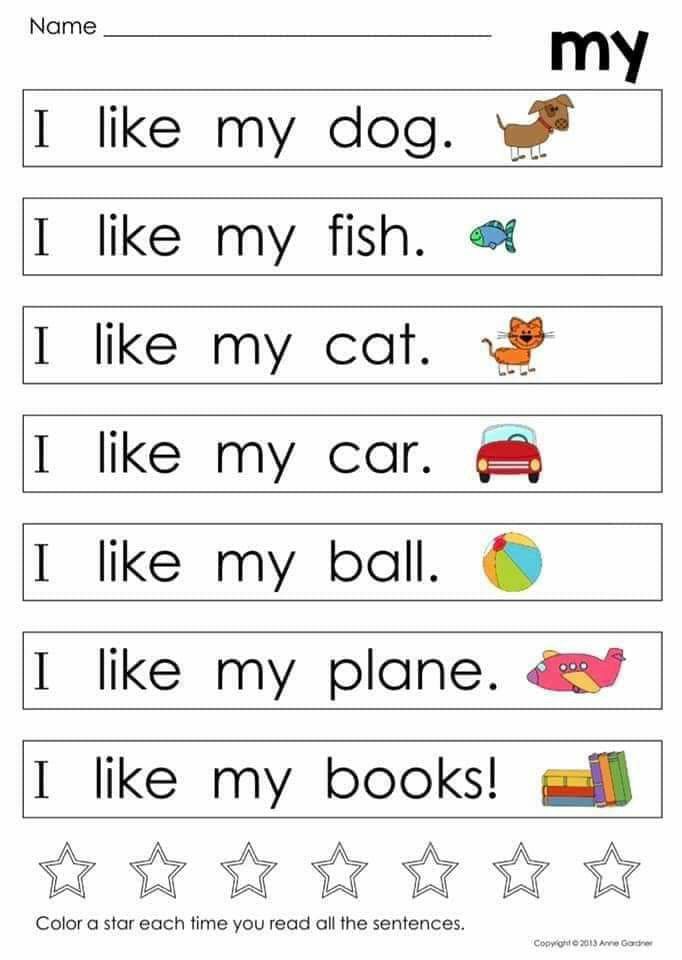
He went over to Charlie’s cage, but it was empty. Dennis followed the sounds of squeaking until he found Charlie on the floor, looking behind the dresser. Dennis noticed that something back there was throwing things at Charlie! Paperclips, balls of paper, and even some legos were flying in Charlie’s direction, as he squeaked.
“What’s there, Charlie?” Dennis asked as he picked up the hamster and peered around behind
the dresser.
What he saw made him wonder if he had actually fallen asleep and not realized it.
“It’s a ... it’s a gnome!” he said. No bigger than Charlie (and no smaller), the gnome wore a
yellow shirt, a tiny pair of green pants, and pointy hat. Had it not been for the pointy hat, Dennis might not have recognized it as a gnome. But, gnome or not, it was being quite rude to Charlie.
“Why are you throwing things at my hamster, gnome?” asked Dennis.
“Why do you keep a vicious beast as a pet, human?” asked the gnome.
“Charlie is not vicious!” answered Dennis.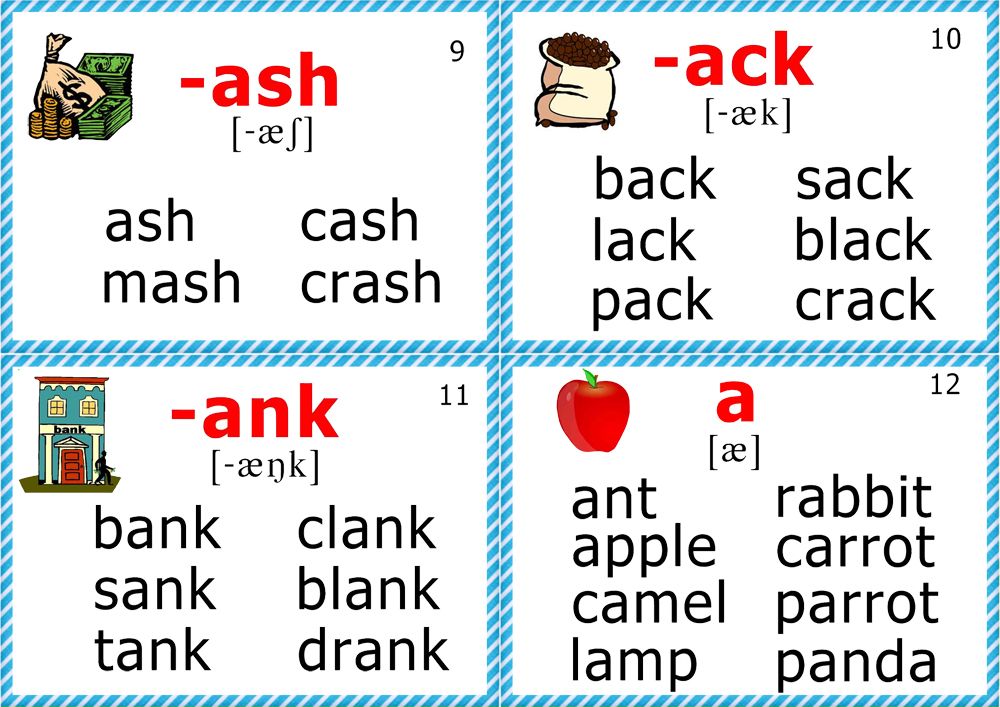
“Yes he is, and he started it.”
Charlie squeaked in protest.
“More importantly, why are you in my room, gnome?” asked Dennis.
“That is highly classified information, human.”
“My name is not ‘human’, it’s Dennis.” he said angrily.
“I already know your name. And for your information, gnomes have names too!”
Dennis didn’t say anything for a moment, and neither did the gnome. It was an awkward silence
for everyone except Charlie who, as usual, had fallen asleep shortly after Dennis picked him up.
“Well, what is your name then?” asked Dennis.
“It’s DC. And, I suppose,” said DC begrudgingly, “I should thank you for saving me from the
beast,” said DC.
Dennis was still having trouble thinking of the the furry little hamster who was snoring in is
hands as a beast, but he still replied, “You’re welcome,” anyway.
“You were supposed to be asleep hours ago,” said DC, “and now you’ve seen me.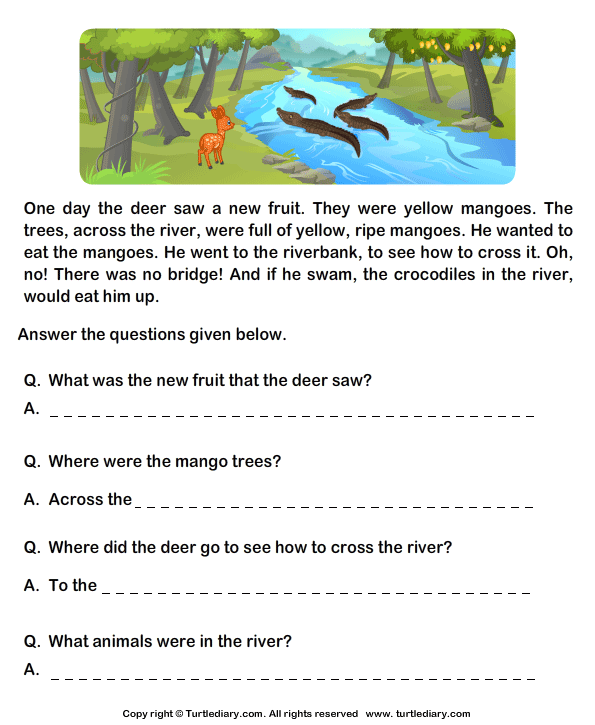 This is bad...
This is bad...
this is very bad. I have no choice but to bring you back to the factory.”
“What factory?” asked Dennis.
“The dream factory,” answered DC.
The gnome crawled up the dresser and opened up Dennis’ sock drawer. He rummaged through
until he found the sock he was looking for. “Oh, I lost the other sock to that pair,” said Dennis
shyly.
“I wouldn’t say ‘lost’,” replied DC as he climbed inside the sock and disappeared. Dennis was
astonished. He had watched DC crawl into the sock, and now he was gone! He picked up the
sock and looked inside, but there was nothing in there. A moment later DC came crawling back
out, tugging a large piece of cloth behind him.
“You see,” said DC, “The only way to get to the dream factory is by sock. You go in one sock
and come out the other. Since you are a human, you can’t fit in a regular sock, so I brought our
freight sock with me.”
As he spoke, DC pulled out a sock the size of a bed. The huge sock was made up of many
smaller socks sewn together. “Socks?! How can I go in one sock and come out of another?” Dennis asked.
“Socks?! How can I go in one sock and come out of another?” Dennis asked.
“It’s simple,” DC said, “every sock was created with an identical mate- another sock that it is
naturally connected to. Just like you have two feet that are separate, but are both connected to each other through you. Well, the socks we use to travel are connected through magic. All we have to do is get one sock (usually we take them from the washer or dryer) and then we can create a passage way to its partner sock.”
Dennis was still confused. Confused in the way you are when a gnome tells you your socks are
magic.
“That last part is not as simple- it’s handled by our Autosock Magical Recalibration Division, and the guys who work there are an odd bunch. Anyway, the result is that you go in one sock, and you will always come out the other. That way we can travel from the factory to your home with ease.”
“But, that doesn’t tell me anything! Like why do you need to come here at all, and what is at this factory?” asked Dennis.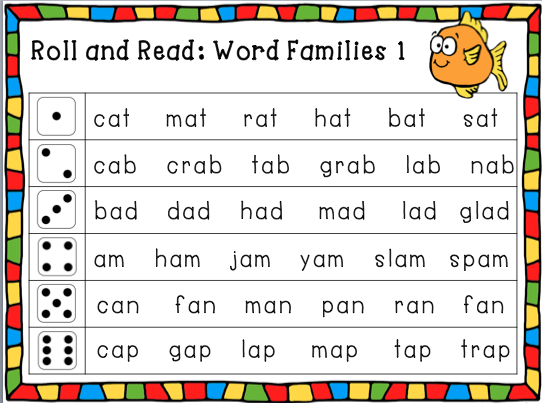
“Ah,” said DC, holding open the enormous sock, “climb inside. You’re about to find out.”
Dennis crawled inside the huge sock nervously. It was dark, but smelled much nicer than he had imagined it would (had it smelled anything like his father’s socks, he would have turned around immediately). Dennis didn’t get far before he started to slide. He slid for what seemed like a minute, going faster and faster until he flew out into a large room onto a huge pile of pillows. DC was already in the room beside the pillows, ready to greet him.
“Welcome to the Dream Factory. This is the Transportation Room. Those socks you see
hanging up there are the socks we use for incoming and outgoing trips.”
A group of gnomes, who were busy working around the room when Dennis flew in, had now
stopped what they were doing and crowded around.
“It’s best if we get going,” said DC, as he led Dennis out of the Transportation Room and into a
large hallway.
“This is the Executive Wing. All of the higher-ups have their offices on the other side of these
doors,” said DC.
“What are all of these paintings?” asked Dennis.
“Those are paintings of some of Remmy’s favorite dreams, collected over thousands of years.
Remmy is in charge of the factory and all the dreams in the entire world. That is who I’m taking
you to see.”
“All the colors are so dark, doesn’t he like any nice dreams?” asked Dennis.
DC paused for a moment and changed his tone.
“Remmy doesn’t care much for those types of dreams. He is the inventor of nightmares.”
“That’s horrible,” said Dennis, “You don’t have anything to do with nightmares, do you, DC?”
“Here we are,” DC quickly replied. They had arrived at the end of the large hall and were
standing at the entrance to Remmy’s office. It was the blackest shade of black that Dennis had
ever seen. And above it was a sign that read:
“All Ye Who Pass This Crest Shall Find Yourself in Waking Rest. ”
”
“Should we knock?” asked Dennis. “There’s nothing to knock on,” answered DC, “Remmy
doesn’t have a door. I must warn you. Once you walk through that entrance you will feel like you are asleep, but you are not. Do not let your guard down, because Remmy does not like humans, and he can be very devious.” Dennis nodded and followed DC into the darkness.
The moment he cleared the opening, Dennis felt as though his eyes had shut. He was certain
he was standing on a bed, and his head felt heavy. He was getting more comfortable and more
sleepy by the second. It felt as though a warm blanket had just been put over him (and no
amount of wolf-counting or math problems could help him now).
“Who have you brought with you, DC?” asked a soft but sinister voice.
“This is Dennis. He was awake when I arrived at his home tonight, and he saved me.”
“I see,” said Remmy. “What were you doing awake, Dennis?”
Dennis was so tired that he could barely speak.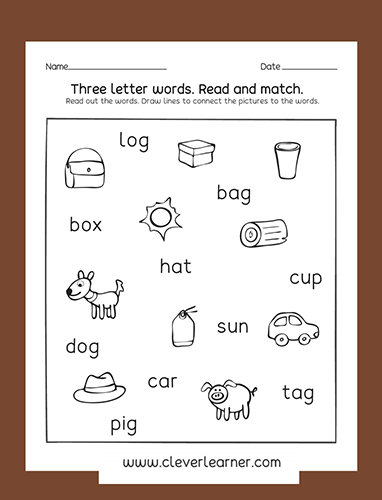 “I ... didn’t want to. Don’t like ... sleeping.”
“I ... didn’t want to. Don’t like ... sleeping.”
“You don’t like sleeping?” said Remmy a little louder.
This woke Dennis up a little bit, and his eyes opened slightly for just a moment. He could barely see what was in front of him, but he thought that he had seen a pair of green eyes.
“Well,” continued Remmy in a soothing voice, “You should come work at the factory then. Time
stands still while you are here, and you will never have to go to bed, ever again. Doesn’t that
sound perfect?”
“Yes,” mumbled Dennis.
“But Dennis—“ interjected DC, but he was cut off by Remmy.
“Excellent,” said Remmy, “You will start immediately. Show him around, DC.”
DC led Dennis back out of the room without him ever really seeing what Remmy looked like. He
could still barely open his eyes when he stepped back into the hall. DC took him through many
other hallways. By the time Dennis had finally snapped out of it, he was standing on a factory
line in front of a conveyor belt.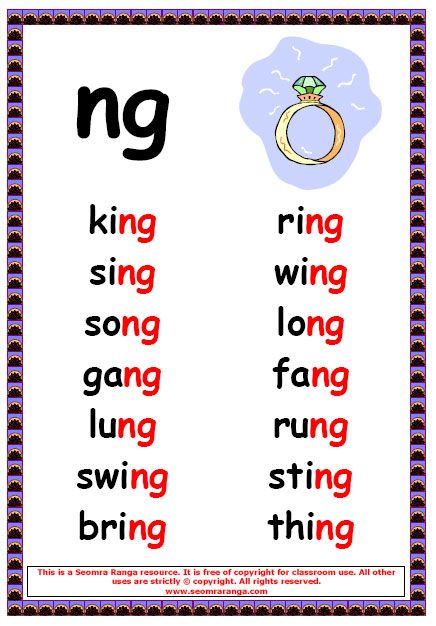
“Where am I?” he asked.
“I told you not to trust him, but you didn’t listen!” said DC. “You’re on the factory line because
you told Remmy you’d work here!”
“Oh no,” thought Dennis. “What am I going to do?” he asked.
“There’s nothing you can do. You just accepted his job offer. Once the paperwork goes through,
you will be bound to the factory forever. Your job is on the dream factory line, bottling dreams.
I’m sorry.” said DC, and Dennis could tell that he meant it.
“I can’t stay here. I’ve got to stop that paperwork!” cried Dennis.
“Who’s this, DC?” asked a gnome with a black beard.
“This is Dennis,” he answered, “Remmy just assigned him here. He’s going to be working for
you.”
“Ah, a new employee! I’m not used to such a large worker, but the bigger they are the longer
they can work, I always say! My name is Foreman, and I’m your boss. Come on, I’ll show you
how it works, kid.” Foreman started to lead Dennis away.
“I’ll do what I can to get you out of here . .. til then play along,” DC whispered and then ran off.
.. til then play along,” DC whispered and then ran off.
“Your job is to be a dream-mixer. You mix a dream, pour it in a bottle, then set it on the conveyor belt. It’s as simple as that.”
“How do you mix a dream?”
“Excellent question! Now listen up because I will only tell you once,” said Foreman. “There are
three main ingredients to a dream mix. Once it gets delivered to a person it mixes with their own memories and thoughts to make a dream. All they need to do is take one sniff of it. It’s really quite extraordinary. Over here we have the feelings station. Feelings are the first ingredient.”
Foreman showed Dennis dozens of buckets with powder inside them, next to a large machine
that was smashing cubes into a fine powder.
“That machine there is what we like to call the Dream Crusher. The gnomes from the Feelings
Laboratory bring us blocks of pure feelings, and we crush them down into a powder, because
one dash is more than enough for a dream. We have happiness, sadness, love, boredom, or
anything else out there.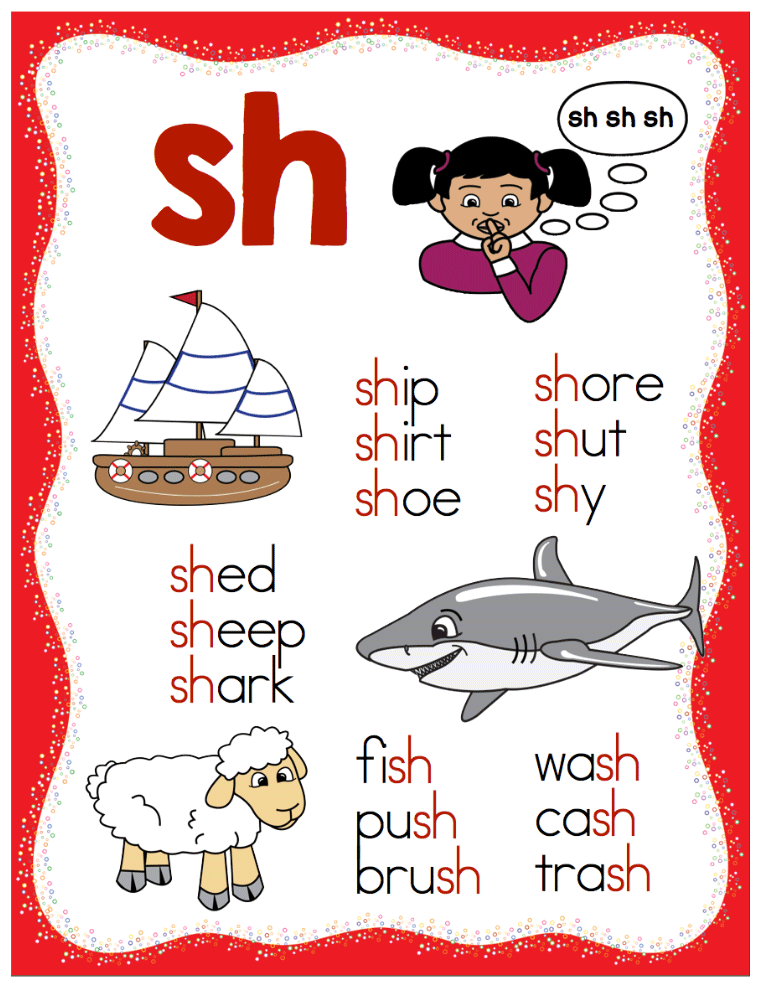 If you can feel it, you can dream it! Unfortunately, ever since Remmy’s
If you can feel it, you can dream it! Unfortunately, ever since Remmy’s
been in charge we’ve had to put fear into dreams sometimes too. Anyway, you sprinkle a little
powder into the bottle and you’re ready for the next step. I hope you’re following.”
Dennis nodded, as Foreman showed him a stand with different colored liquids in it.
“Good. The next ingredient is color. You pick any colors you want. Light colors, dark colors,
weird colors, dull colors, or my favorite- colors that really don’t go together. Then you scoop
them into the bottle with this ladle. The person who gets that mix will see those colors in their
dream. Got it?”
Dennis nodded again.
“Good, now you’re ready for the last ingredient: peppermint.”
“Peppermint?” asked Dennis.
“Yep, peppermint. You take a little peppermint from this container here, and you’re ready to cork the bottle and put it on the belt. Good luck. Now I’ve gotta go check on some other employees.”
Dennis was nodding in a daze.
“Gidget, for the last time that is way too much peppermint!” yelled Foreman as he walked away
to scold a confused-looking gnome.
Dennis was starting to wish that he had gone to sleep at his bedtime. Anything would be better
than being forced by gnomes to work on a factory line.
“I’ve got to find a way out of this place,” thought Dennis. “What I need is a diversion. I need to
something to distract Foreman!”
It was hard for him to think with the Dream Crusher making so much noise.
“I’ve got it!” he said.
That was the moment when Dennis decided he was going to make his very first, and hopefully
very last, dream mix.
He looked through all the buckets of feelings and found the perfect one. It was labeled:
“confusion”.
He sprinkled a large amount of the confusion powder into a bottle. Next he poured his favorite
colors inside: blue, green, and white. He was about to put the cork in until he remembered the
last ingredient.
“I almost forgot the peppermint!” he said.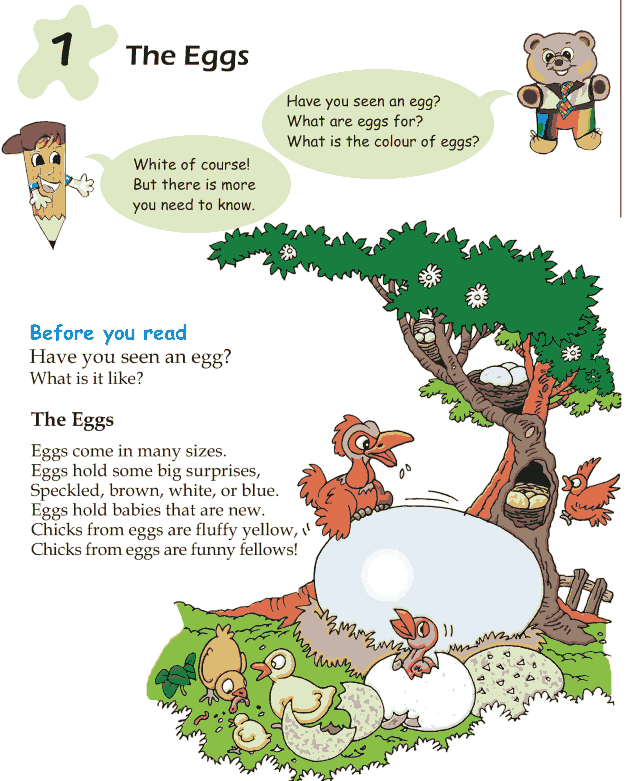
A dash of peppermint later, and he had made a dream mix, corked and ready to be put on the
conveyor belt. But that’s not where he put it. Instead, Dennis snuck over to the Dream Crusher,
tossed the bottle inside, and went back over to the conveyor belt.
A few seconds later the Dream Crusher came crashing down. When the bottle broke, the dream mix was released and filled the entire room. Dennis was the only one holding his breath.
Instantly, all of the gnomes stopped working. They were much too confused to get anything
done.
Some of them bumped into each other, but most of them just walked around in circles.
Foreman had stopped yelling at the gnomes. He looked at the peppermint for a few seconds
and then, without a word, started eating it.
Dennis took the opportunity to hop onto the conveyor belt. It carried him out of the room, into a dark tunnel. He didn’t know where it would lead him, but he couldn’t hold his breath any longer, and had to get out of there (the only other time he had ever held his breath that long was when his father took his shoes off in the car).
The tunnel stretched on until the conveyor belt came to an end, dropping him into a huge vat in a large, bright room. He was surrounded by dream mix bottles. When he heard some gnomes
coming, Dennis climbed out and hid behind a pile of bags. The sign above the door read,
“PACKING ROOM.” The gnomes were singing a song:
“Rest your head and close your eyes, meet the sun at morning rise,
If a dream is calm and deep, let it find you sound asleep”
From behind the bags, Dennis watched the gnomes work. They grabbed bottles from the vat
one by one and put them inside of bags, just like the ones he was hiding behind.
“The carrier is taking the next batch out soon,” said a female gnome.“I’ll never understand how one gnome can deliver so many dreams, every night!” said a second
gnome.
Just then a gnome driving a small car entered the room. The car was towing a bed behind it.
The other gnomes loaded bag after bag onto the bed.
“Tell the carrier we say hi,” they said to the driver as he started driving away.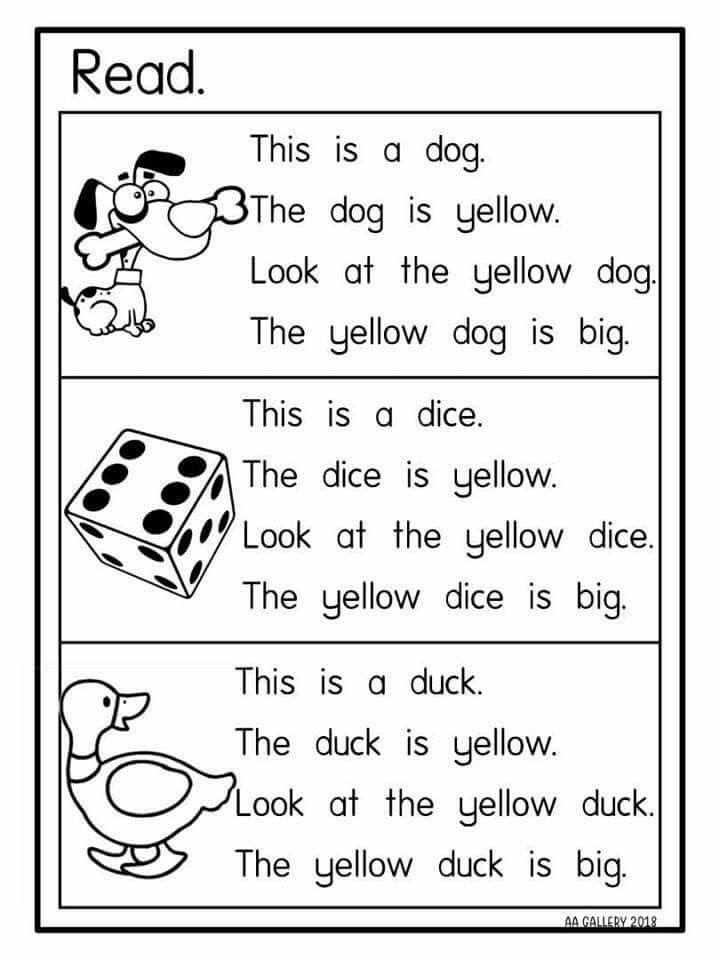
Dennis saw his chance to get out of the room. He hurried alongside the car, still crouching
behind the rows of bags. Just before the car exited the room, he hopped on the bed and hid
among the bags. He sunk between two bags and sighed a deep sigh when he realized that
none of the gnomes had seen him.
He couldn’t see where they were headed but he heard the driver whistling the tune that the
packing gnomes were singing. Every once in a while he could hear the driver say hello to a
gnome as they drove by. After a few minutes, Dennis peaked through a small opening between
the bags. He looked at the words above the doors that they passed.
The doors he saw said, in order: GNOME RESOURCES, SOCK REPAIR, FEELINGS
LABORATORY, CONFERENCE ROOM D, and PAPERWORK APPROVAL.
“Paperwork Approval,” thought Dennis, “That’s the one!”
After a quick glance around to make sure the coast was clear, Dennis safely jumped off the
back of the slowly-moving bed.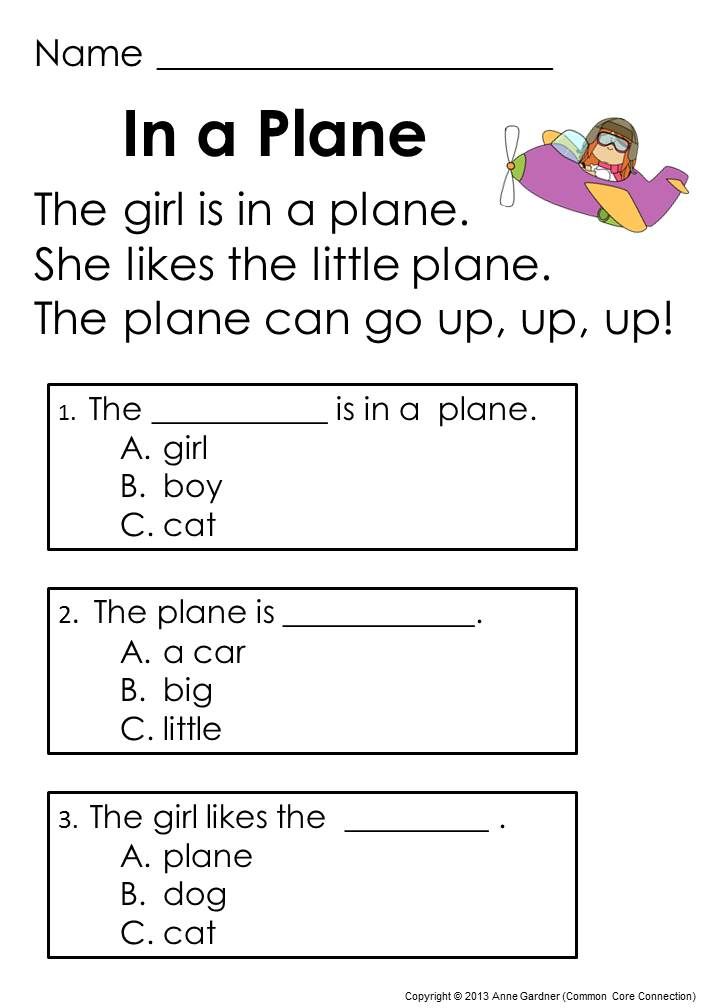 He ran to the door of the Paperwork Approval Room, and snuck
He ran to the door of the Paperwork Approval Room, and snuck
inside as quickly as he could.
The room was small, and there was little light. Dennis saw another conveyor belt, but this one
was carrying papers, not bottles. The belt brought the papers in from a hole in the wall on one
side of the room, and took them out through another on the opposite side of the room. There
was only one gnome inside, and he sat at the conveyor belt, stamping each paper as it passed.
“Hello,” said Dennis.
The gnome did not say a word. He was the first gnome Dennis had seen that was not wearing a pointy hat. This gnome was a good deal older than the others and wore a vest, tie, and argyle socks. As he continued to stamp, the gnome pointed to a sign on the wall that read:
“NO VISITORS”.
“Please, sir,” pleaded Dennis, “I need to take a look at those papers. My name is Dennis. If you
don’t mind me asking, who are you?”
The gnome continued to stamp as he spoke.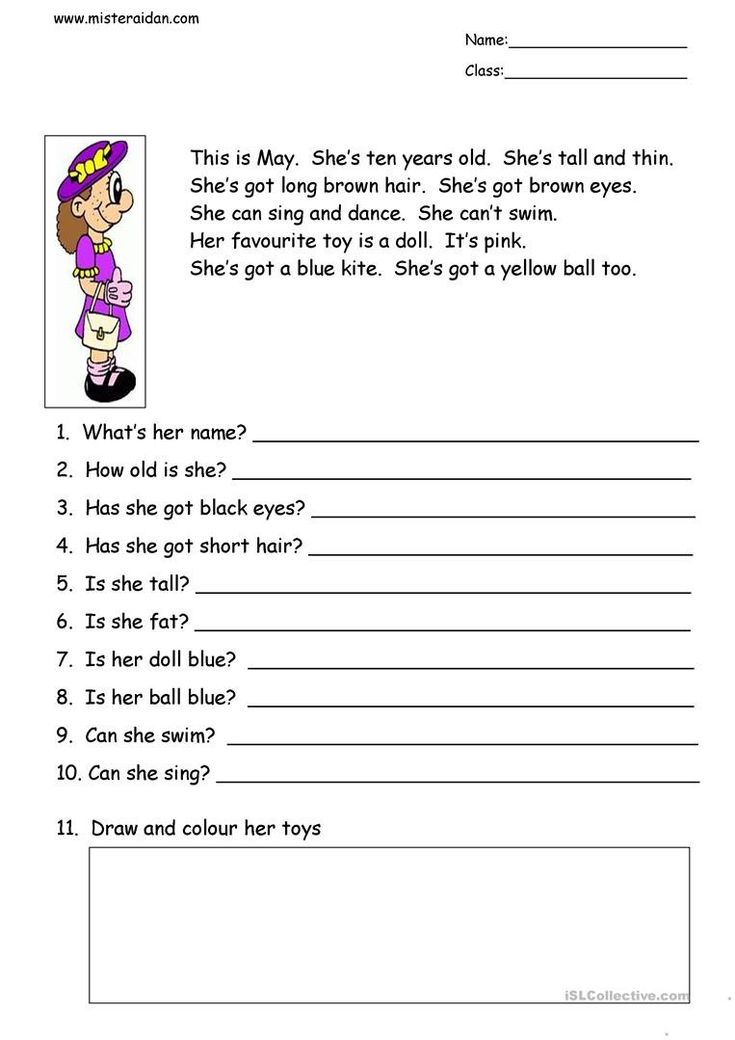
“I am the Stamper, and you are distracting me. I have paperwork to stamp and I cannot miss a
single one. I have just enough ink to stamp every single paper for the day, not a drop more and
not a drop less. You cannot look at these papers. No one can. Now stop bothering me before I
you make me miss.”
“Well ... what kind of papers are they?” asked Dennis.
“All of the papers from all of the departments in the factory are sent here. Could be gnome
complaint forms, nap requests, employee contracts- they all come here,” said the Stamper as
he stamped.
“Employee contracts! You have to let me look,” said Dennis.
“No one may look!” yelled the Stamper. “I don’t even look at them,” he said under his breath, all
the while continuing to stamp.
“You don’t look? But, you’re approving them. How can you do that?”
“My job is extremely important,” he said, looking quite angry, “all these papers need approving,
and without me they would not get approved.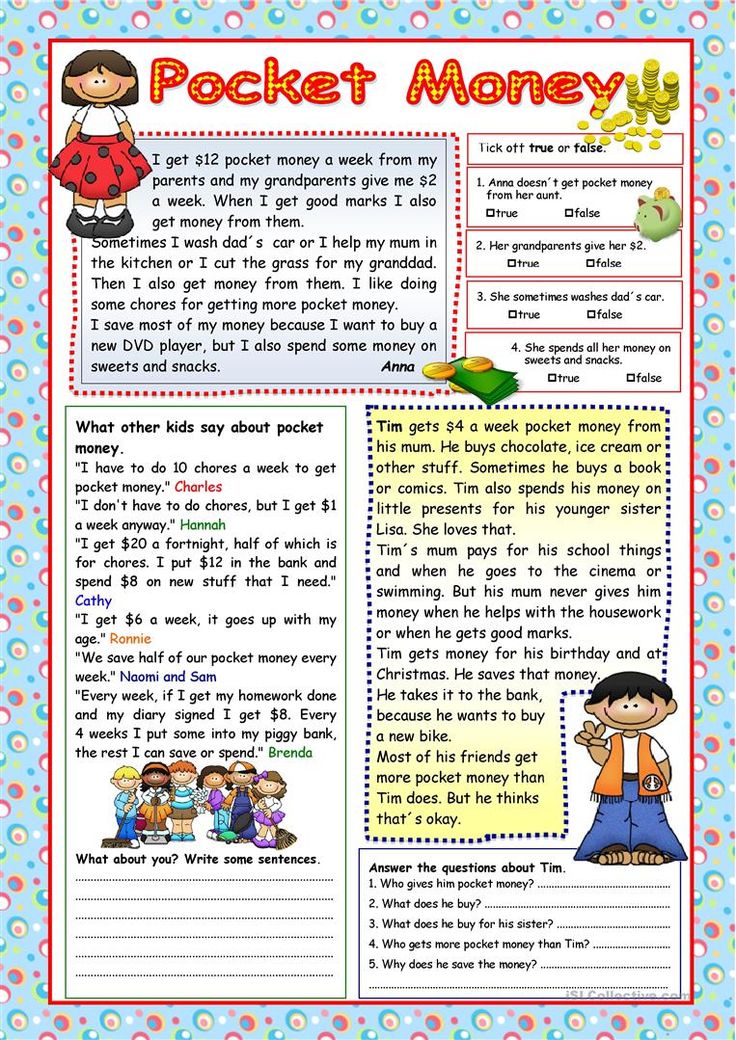 ”
”
“If you approve everything, then your approvals lose all meaning. You might as well have a
stamping machine approve them,” said Dennis.
“A stamping machine?!” yelled the Stamper as he slammed his stamp down hard onto a paper,”
A stamping machine cannot approve papers!”
“You’re not even reading them,” answered Dennis, “don’t you think it’s irresponsible? Don’t you
think it’s silly? Don’t you think it’s ... wrong?”
The Stamper froze for a few moments, then shook his head and continued stamping again.
The door burst open and a dozen gnomes with uniforms came rushing in.
They grabbed Dennis and picked him up, carrying him off.
“We’ve found you!” said the head gnome. “You’re going to see Remmy.”
Dennis shouted and struggled but it was no use.
The Stamper had not looked up. As the guards carried Dennis through the doorway, the
Stamper stamped his last paper of the day, and put his stamp down. Right as the door shut, a
single drop of ink fell from his stamp.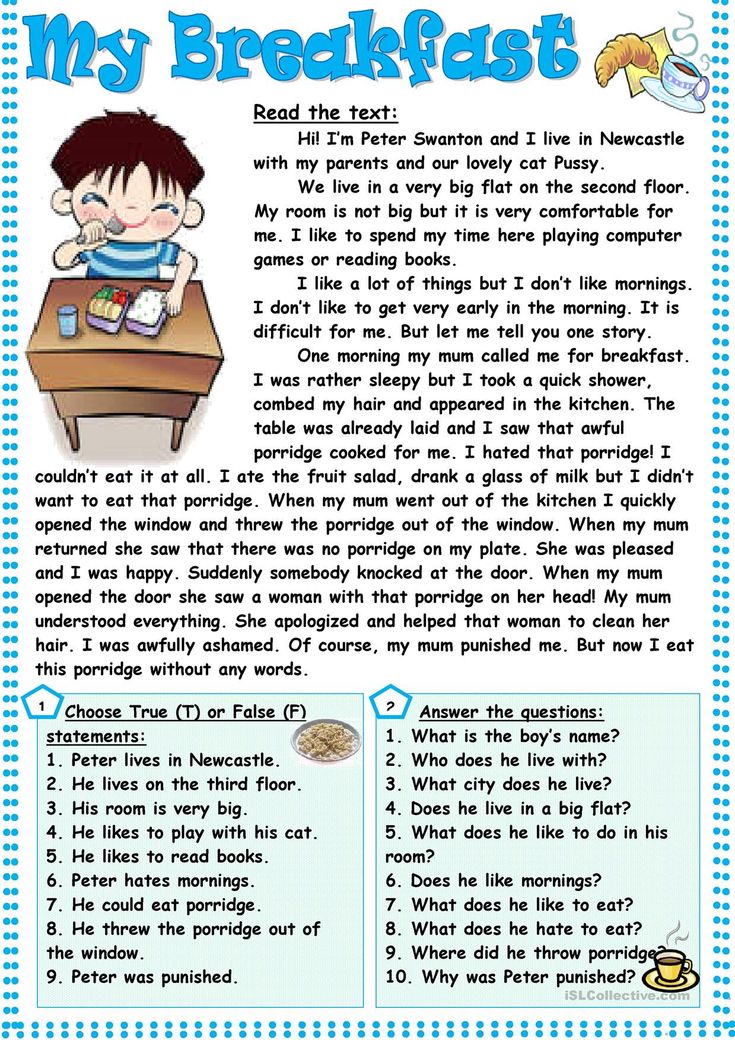
The next thing he knew, Dennis was back in Remmy’s dark office, feeling as tired as ever.
“We had a deal Dennis. Why did you leave your spot on the factory line? It took us a long time
to fix the mess you made. We had workers with buckets on their heads and dream mix
everywhere,” said Remmy in his sinister voice.
Dennis didn’t know what to say. His eyes were feeling very heavy.
“And you, DC! You were supposed to keep an eye on him. How could you let this happen?”
“I’m sorry, Remmy. I don’t know how it happened,” answered DC.
Dennis couldn’t believe it. DC was in the room with him! And he sounded out of breath.
“Well, you’re going to regret this Dennis, believe me. Leave it to a human to break the rules ...”
Remmy lectured. As he continued, Dennis felt himself fading closer and closer to sleep. He tried his best to keep his eyes open and listen but it was getting harder and harder.
DC leaned over and whispered in his ear.
“Let yourself fall asleep.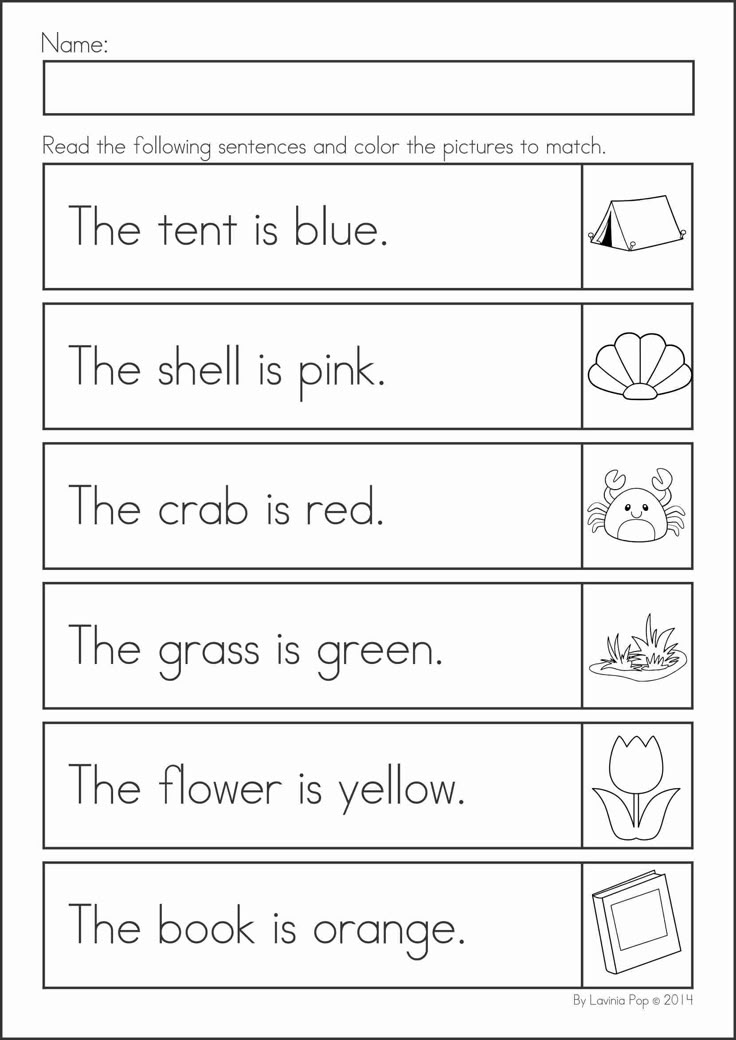 ”
”
“What?” Dennis whispered back.
“It’s the only way. I have your dream mix here. If you fall asleep, he will forced to talk to you
inside your dream. It’s the only way to even the playing field,” said DC.
Dennis was too tired to argue. He laid down on the soft, bed floor and fell asleep within
seconds. DC popped open the cork off the dream mix and sprinkled some onto Dennis.
Inside his dream, Dennis was standing in an open field. There was a dark blue sky and a
mountain in the background. A moment later Remmy appeared. Dennis could now see him
perfectly. He was larger than the other gnomes, with eyes a bright green. His hat was black as
night.
“How dare you fall asleep in my presence! Do you really think that you can battle me in a dream.
I am Remmy, master of all dreams and creator of nightmares!” yelled Remmy.
“I just want to go home,” shouted Dennis, “I don’t want to battle anyone.”
“Well, I’m afraid that’s not going to happen.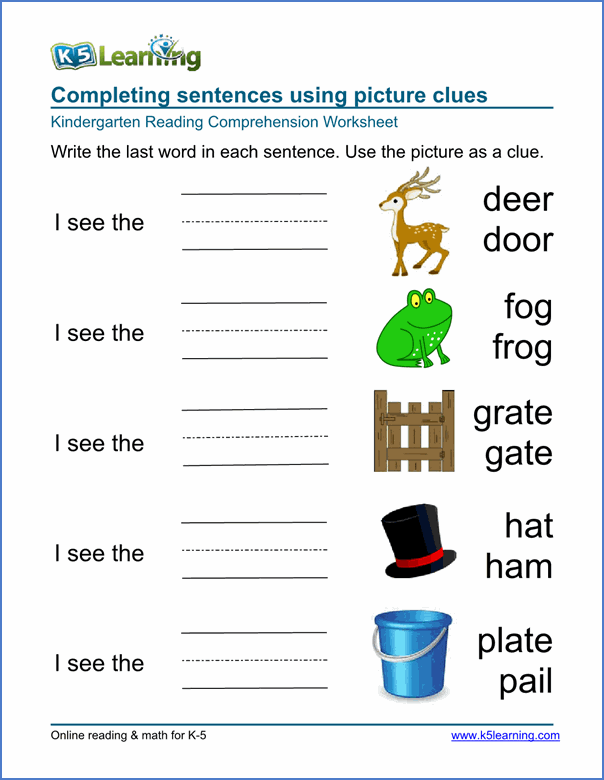 I decide where you go, and you are not leaving.”
I decide where you go, and you are not leaving.”
Shackles appeared out of nowhere and locked around Dennis’ arms and legs.
“You see, you will never escape. I can do whatever I want here, all I have to do is imagine it. I
can even be bigger if I want!”
Remmy nearly tripled in size right before Dennis’ eyes.
“What can you do?!” laughed Remmy.
Dennis had to think fast. How could he possibly beat someone as powerful as Remmy. That’s
when he remembered what DC had said, that being in his dream would level the playing field.
That must mean that he can imagine things up too!
“Well ...” said Dennis. “I can count wolves.”
A wolf appeared next to Dennis, growling at Remmy.
“Wolves?” asked Remmy with a bit of crack in his voice.
“Yes, wolves,” answered Dennis
Remmy took a step back.
“And I can count very high...”
Wolves started appearing by the hundreds. Wave after wave, and they all went straight for
Remmy.
“What are you doing?!” cried Remmy, “Get them away from me!”
Remmy ran off with the wolves close behind.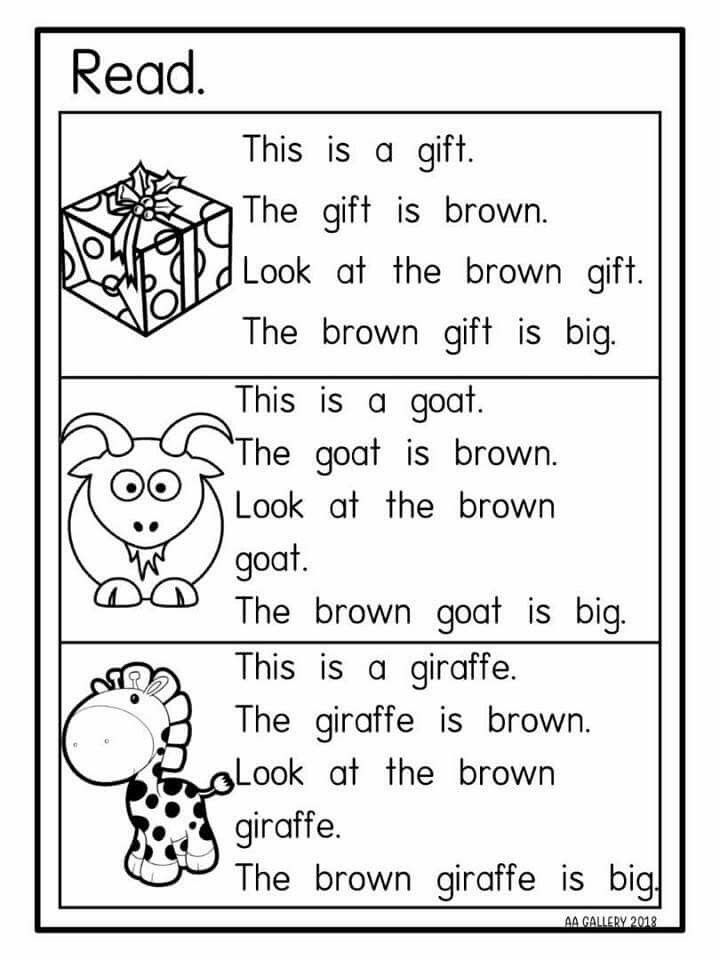 The shackles on Dennis disappeared, and his
The shackles on Dennis disappeared, and his
dream started to fade. He woke up to DC shaking him.
“You’ve got to get out of here. Now’s your chance. It looks like Remmy is stuck in a nightmare,”
said DC.
Dennis didn’t question it. He ran straight out of the room and down the hallway filled with
pictures and offices. At the opposite end of the hallway he found the room he was looking for.
He opened the door to the Transportation Room and found the enormous homemade sock
whose pair he had traveled through. It was hanging from a clothesline (luckily anything hung on a gnome’s clothesline is easy to reach). Dennis pulled down the sock and climbed inside.
After a quick slide, Dennis found himself crawling out of the huge sock in his bedroom. He was relieved to finally be home, but couldn’t relax just yet. As fast as he could, Dennis ripped up the sock.
Then, he took all the socks in his drawer, brought them outside, and tossed them into the
garbage can outside.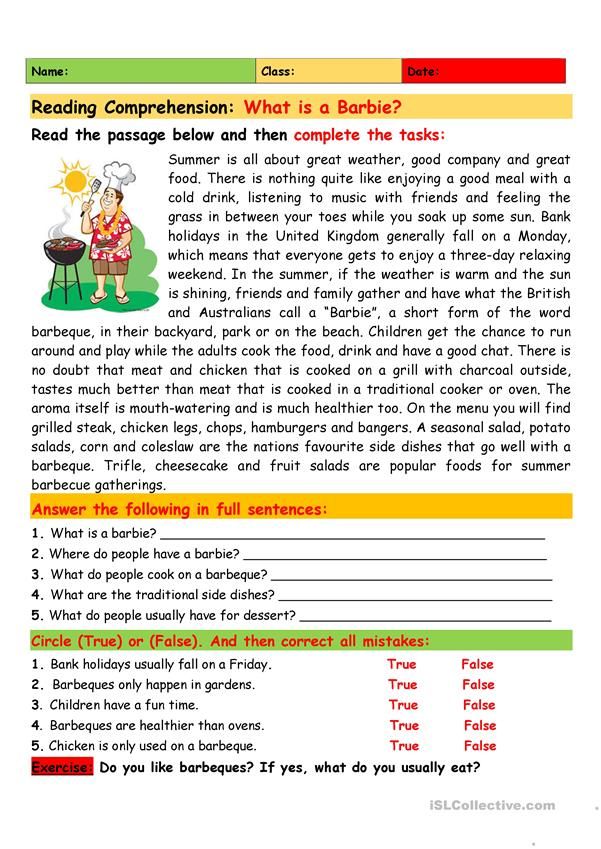 When he got back into his room, he shut the door behind him and got into bed.
When he got back into his room, he shut the door behind him and got into bed.
Charlie was sound asleep in his cage. Dennis could hardly believe what had happened. Just as
he shut his eyes, trying to think of what he would tell his friends he next day, he felt a slight tug on his sheets.
“Hi, Dennis,” said DC, as he climbed up onto the bed.
“DC! You’re ok!” said Dennis.
“Well, I just traveled through your father’s putrid sock, but other than that I’m better than ever,
and it’s all thanks to you.”
“What do you mean?” asked Dennis.
“Remmy is gone. It seems you scared him off. See, Remmy might have created nightmares, but
he had never actually experienced one until you sent those wolves after him. He ran away from
the factory, and he’s been replaced.”
“Replaced?! By who?”
“Well according to the Board of Directors, whoever has the most experience with dreams is next in line.”
“And who is that?”
“The Dream Carrier.”
“Who is the Dream Carrier, anyway?” asked Dennis.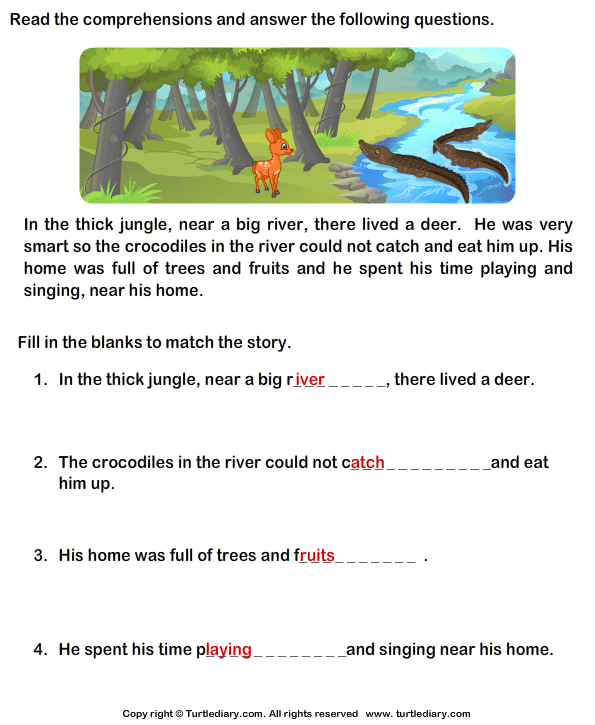
“Well ... me. That’s what DC stands for.”
“You mean you deliver all the dreams to everyone in the world?”
“That’s right. And I’ll never have to deliver another nightmare again, now that I’m in charge of
the factory!”
“Oh,” said Dennis, with a sad look on his face. “I’m seriously happy for you. But I guess you’re
here to take me back to the factory, since I wasn’t able to stop the paperwork.”
“The funny thing about that,” said DC as he pulled out a piece of paper, “is that the contract was never stamped. First time it’s ever happened. It means the paper’s worthless. You can keep it if you want.”
Dennis smiled. “What should I do with it?”
“I would line the bottom of Charlie’s cage with it, but really that’s up to you.”
“Thanks, DC.” Said Dennis. “Now, if it’s ok with you I’d like to get some sleep.”
“Of course,” said DC, “it’s been a long night.”
Dennis drifted off to sleep before he could say another word. That night he dreamt of gnomes,
and socks, and beautiful colors, and just the slightesthint of peppermint.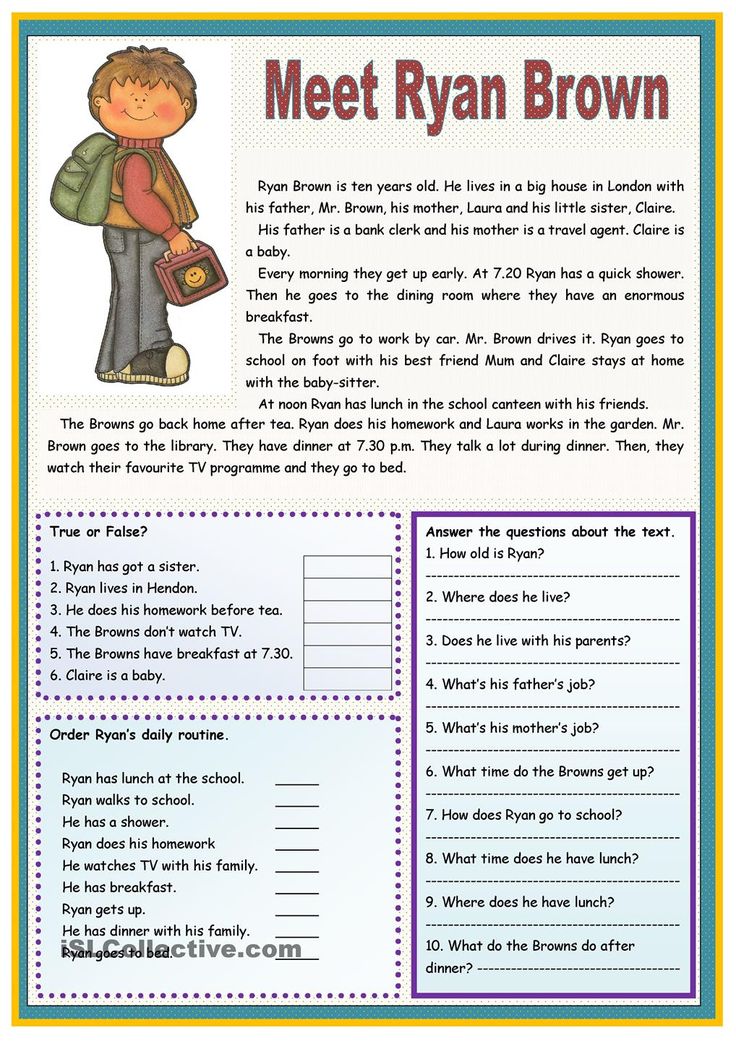
Books for children 8-10 years old - what is interesting to read to a child
How to choose interesting books for children at this age
At 8-10 years old, children form their thinking and psyche, develop cognitive abilities, awaken interest in the world around them. Therefore, it is important during this period to instill a love for books, both fabulous and those that develop analytical thinking and logic.
In this article, we have collected recommendations to help you choose a book for children of this age, and also made a selection of the best books for boys and girls.
What educators and psychologists recommend
Pedagogy and child psychology experts believe that 8-10 years old is the last chance to spark an interest in books and reading in children. To do this, parents need to choose books that will be of interest to children in the first place. A child of 8-10 years old in books usually likes adventure, an atmosphere of friendship and pranks.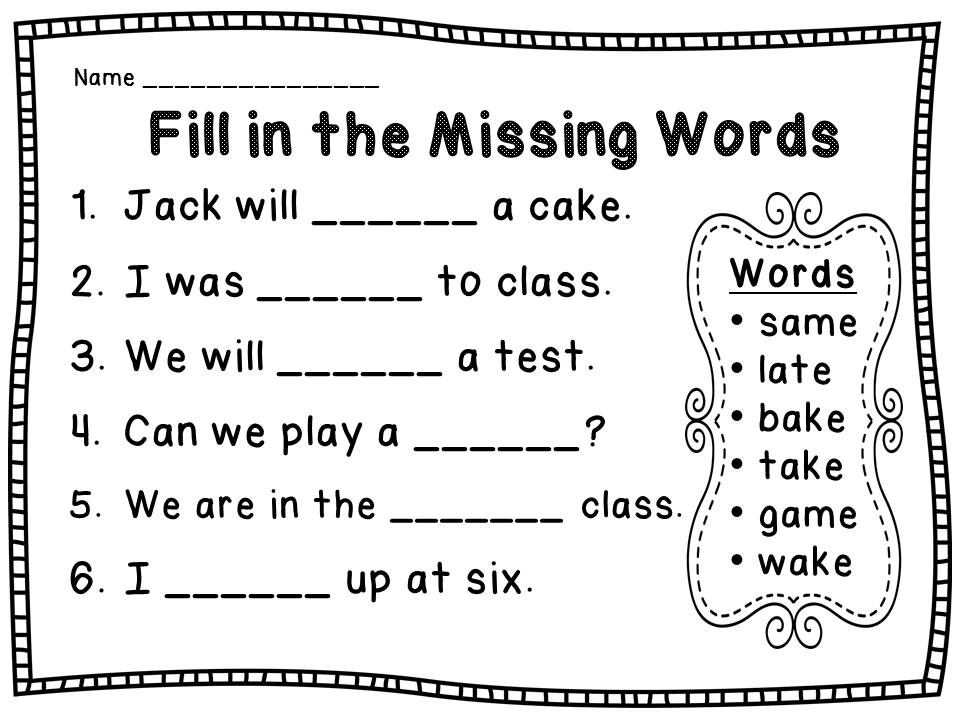
Psychologists insist on the thesis that children should not be forced to read - such an approach would rather close the path of love for books forever than arouse interest. To interest a schoolchild in literature, one of the best ways would be the approach that the famous teacher V. A. Sukhomlinsky wrote about in his works: “Tell children about the value of reading. Show the connection of reading with their success in school and other activities. Give examples of the book's positive impact on your own life or the lives of others. Encourage friendship with children and adults who love to read. Develop your child's imagination on the material of the book.
Also, experts advise choosing both new and classic pieces. The combination of books helps children to look at the world wider and think more original.
And in order to get interest in letters even at preschool age - games from CUVYRKOM
What the statistics say
We studied the opinions of philologists, and also analyzed the ratings of children's literature on book sites, and realized that children 8–10 years old are more often interested in works:
- about magic;
- fiction;
- adventures;
- educational literature;
- fairy tales.
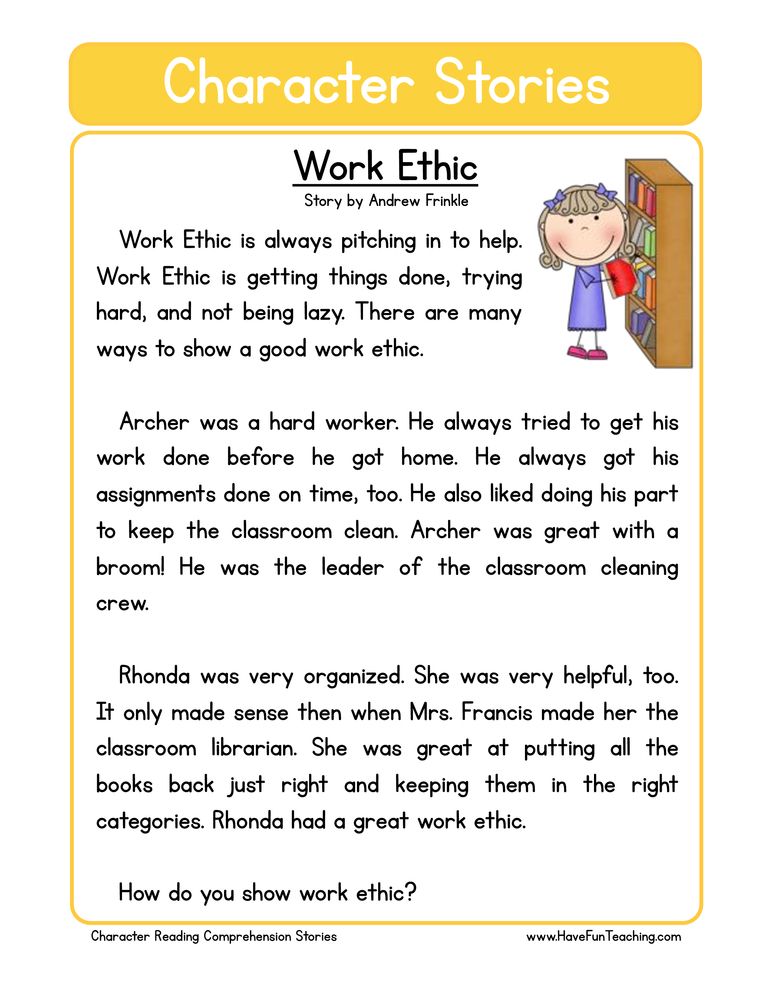
At the same time, stories about adventure and magic are most appreciated by young readers - the works occupy a dominant position in the ratings.
Criteria for choosing children's literature
In addition to personal interests, which we wrote about earlier, the following criteria should be taken into account:
- Gender. When choosing the first book, a mother can rely on who she buys it for - her son or daughter. However, remember that between the ages of 8 and 10, children have different preferences for literature. Therefore, we do not recommend setting hard boundaries and imposing settings in choosing a book - if a boy wants to read about the adventures of Little Red Riding Hood, and a girl about how cars are designed, there is not a drop of strange in this. Children get to know the world around them from different angles, and you should not interfere with this.
- Availability of illustrations. First, look at the cover. A colorful front page will quickly interest the child and make him look inside.
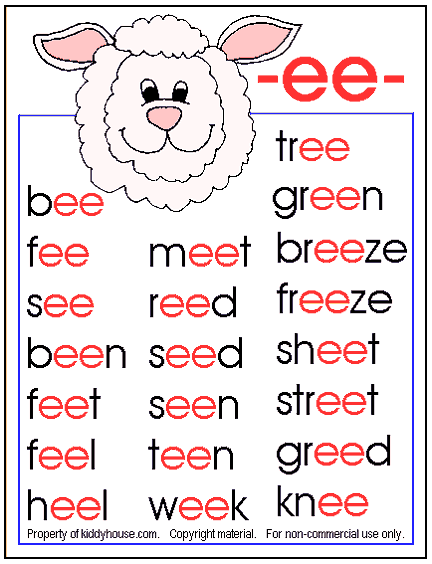 Second, take a look at the interior design and see if there are any illustrations in the book. It is important that the pictures are not too large, otherwise they will distract from reading.
Second, take a look at the interior design and see if there are any illustrations in the book. It is important that the pictures are not too large, otherwise they will distract from reading. - Volume. Do not force children to choose only voluminous books. More pages does not mean more benefits, especially if the child is not very keen on reading. When you are just introducing him to literature, it is better to choose a small but interesting book. And over time, the child himself will understand what volume of the work he likes best.
- Font size. Try to choose books with a medium-sized font. So it will be more convenient for your child to read the text, and he is unlikely to postpone the work after 10 minutes of reading.
- Writer. Study the authors of the works, get acquainted with their work, evaluate the style and clarity of writing. If the writer resorts to difficult to read and long sentences, leave it for a while when the child is immersed in the process and it becomes easier for him to read complex structures.
- Of course, this is not the whole list of criteria, but they are the key ones.
And another recommendation from us: at the very beginning of the journey, you can focus on your own book ideals. Read with your child a book that you think is entertaining and evaluate his reaction to this genre.
Or play an interesting game where you can create your own world
Popular children's genres
- The list of popular genres among children 8–10 years old includes:
- Tales. Good old stories about friendship, courage, honesty and valor. This genre remains relevant to this day thanks to bold characters, instructive plots, interesting stories and easy reading.
- Story. This genre is characterized by a small volume, a simple and understandable storyline and a limited number of heroes. For children 8-10 years old, a story is a step that helps to move from fairy tales to more serious and complex children's works.
- Fantasy.
The genre, which immerses children in other worlds, helps to develop fantasy and imagination. Works in the fantasy genre are distinguished by the brightness and fullness of the plot. Fantastic adventures draw children in and make them read the book to the last page.
The best books for children aged 8–10:
The Wizard of the Emerald City
Author: Alexander Volkov.
A fairy tale about a magical world where there are evil witches and good sorceresses, magical creatures, talking animals and enchanted objects. The main character is the girl Ellie from Kansas, who is blown away by a hurricane to the Magic Land along with her dog Totoshka. To return home, Ellie needs to turn to the wizard of the Emerald City. On the way to the great Goodwin, Ellie will meet true friends, experience exciting adventures and unravel the mystery of the master wizard.
"Deniska's stories"
Author: Victor Dragunsky.
A cycle of stories about a cheerful and kind boy Denis Korablev, who often finds himself in funny and ridiculous situations. The cycle includes 70 short but interesting stories about Denis, which, for example, are suitable for reading at night.
"The Adventures of Captain Vrungel"
Author: Andrey Nekrasov.
Fascinating story about how Captain Vrungel and his small team went on a trip around the world on a yacht called "Trouble". During their adventure, Captain Vrungel, his assistant Lom and sailor Fuchs rescue squirrels from a burning forest, win sailing races and emerge victorious from any situation.
Ruslan and Lyudmila
Author: Alexander Pushkin.
Fairy tale poem about the power of love, the victory of good over evil and the power of the human spirit. In order to save his beloved Lyudmila, Ruslan goes through dangerous trials, fights envious rivals and the main villain - the sorcerer Chernomor.
"The Adventures of Baron Munchausen"
Author: Rudolf Raspe.
The book consists of fantastic stories on behalf of the main character - Baron Munchausen, who actually existed. Each story is a humorous story based on anonymous texts in which the baron himself recounted his fascinating adventures.
What to do if the child does not want to read
In this case, the main thing is not to use any moral violence. To force a child to read, you can not put pressure on him, threaten and manipulate. We have already said that this will only discourage his desire to explore the literary world. Instead, prove the fascination of reading by your own example. After all, if a child has never seen you reading a book, it will be harder for him to understand the attractiveness of this process. Also, the best way to teach reading is to read together. Reading aloud together will be useful even for those children who already know how to read. Family book evenings will involve the child in the process, and he will begin to be interested in books on his own.
Another reason why a child does not want to read may be discomfort while reading. He gets tired of holding books on weight or bends his head down, which causes neck and back fatigue. To get rid of this problem, you should use a book stand. It will free your hands and make the reading process comfortable.
To get rid of this problem, you should use a book stand. It will free your hands and make the reading process comfortable.
5 simple tips for parents
- Teach your children to read from childhood. The sooner you begin to instill in him a love of books, the sooner reading will really interest him.
- Provide freedom of choice. Do not limit him in the choice of books. Let the young reader decide for himself what interests him. You can only subtly direct, but not insist.
- Don't force people to finish reading a book. If a work seems boring to a child, ask why he thinks so, what exactly he did not like, and try to choose a new book to read with him.
- Do not replace books with movies and cartoons. Even the highest quality film adaptation will not convey the subtlety and depth of the work.
- Keep books within reach of the child. Do not put literature in cabinets and on high shelves - books should be in a conspicuous place so that they can be easily taken when you want.
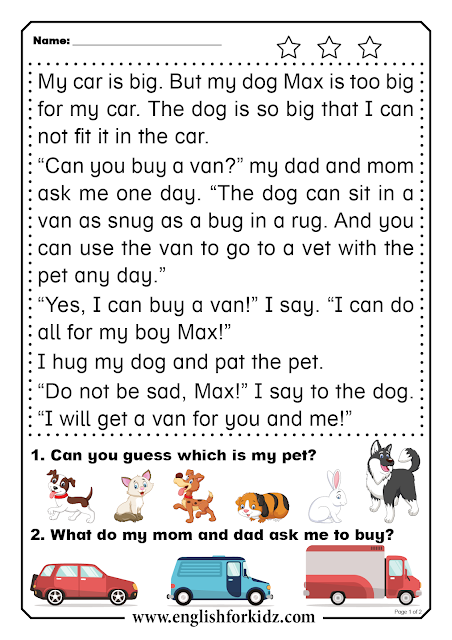
Books for children 8-10 years old
Books for children 8-10 years old | List of Top 30 Books Additional search settingsWhat kind of books do 8-10 year olds like? 8-10 years is a time of great discoveries, and sometimes first love. The child wants to see the big world, he will like books about adventures and travel. Books about what to do if someone first liked will also help the child cope with new feelings and a new stage of growing up before adolescence. Still remain […]
November 30, 2012. Pravmir editorial office
What kind of books do children aged 8-10 like? 8-10 years is a time of great discoveries, and sometimes first love. The child wants to see the big world, he will like books about adventures and travel. Books about what to do if someone first liked will also help the child cope with new feelings and a new stage of growing up before adolescence.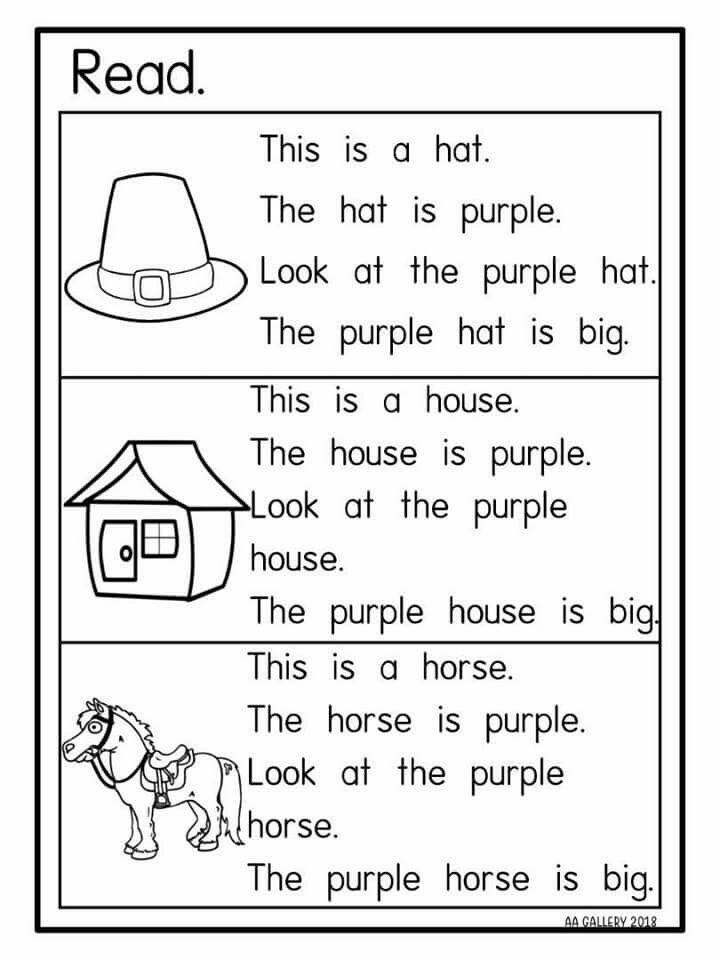 Still remain […]
Still remain […]
Contents of the article
- What kind of books do 8-10 year olds like?
- What if the child does not want to read?
- Top 30 books for 8-10 year olds
What kind of books do 8-10 year olds like?
- 8-10 years is a time of great discoveries, and sometimes first love. The child wants to see the big world, he will like books about adventures and travel.
- Books about what to do if someone first liked will also help the child cope with new feelings and a new stage of growing up before adolescence.
- Fairy tales are still relevant, because the child continues to develop imagination and fantasy.
- At this age, separation begins, the child becomes more independent. It seems to parents that yesterday's baby is moving away, but this is not so. It is the tradition of reading together that can become an important unifying factor that will help maintain warmth in relations with the child.
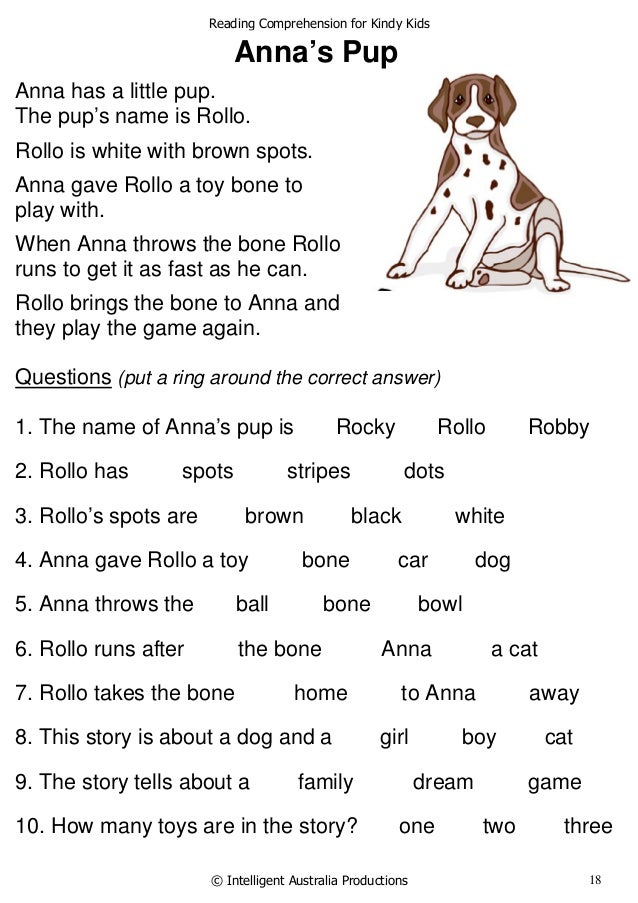
What if the child does not want to read?
- No love tolerates violence. The love of reading is included, so the main thing that you definitely shouldn’t do is force the child to read if he refuses. How can you interest a younger student in reading if he refuses to read?
- An important point in the love of reading is the example of parents. If a child never sees an adult with a book, reading will not be attractive to him. Why do something that an adult is not interested in?
- Reading aloud is a good family tradition. Even if technically the child can already read on his own, he will be pleased to listen to mom or dad. Let this become a nightly ritual when the whole family gathers in the living room and listens to books.
- Adventure books with an interesting and dynamic plot are a good start for children who do not like to read. Difficult books that raise moral issues are best left until the time when the child has a certain reading habit.
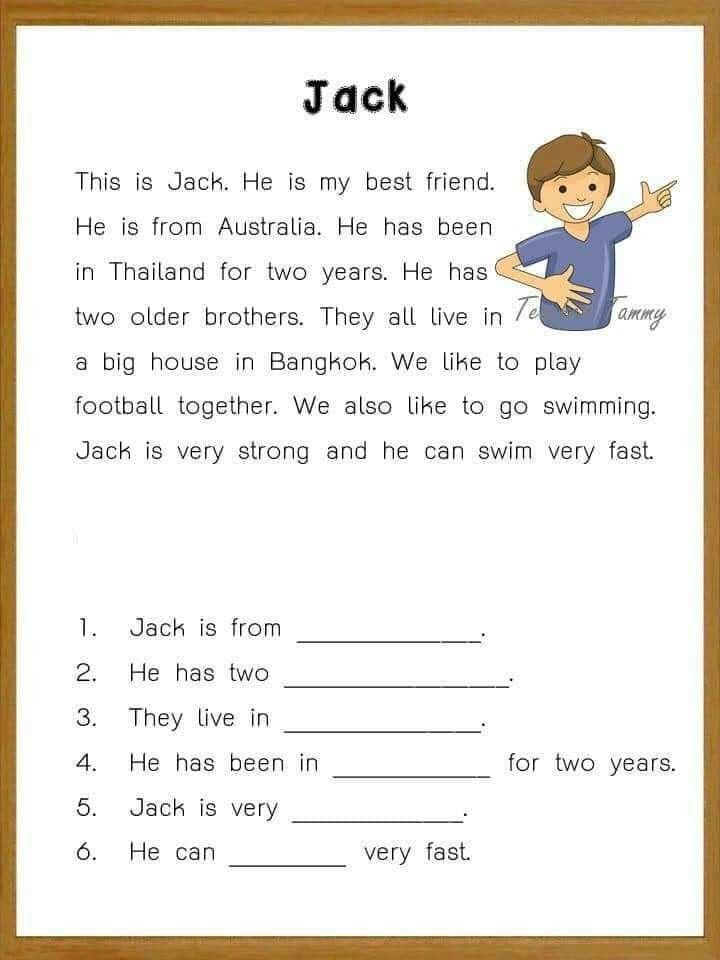
- Let your child choose at the bookstore even if the book seems “stupid” to you. Perhaps it is with this book that a child's great journey into the world of literature will begin.
- Do not force to read and do not punish if the child is not ready. Show that reading is interesting and exciting by your own example.
- Limit the number of hours spent on gadgets and watching cartoons. Children often turn down books when they have many other experiences.
Top 30 books for children 8-10 years old
- Baum F. The Land of Oz and others
- Bzhehva J. Pan Klyaksa Academy.
- Veltistov E. Adventures Electronics. Ressy. A million and one days of vacation. Gum Gum.
- Volkov A. The Wizard of the Emerald City. Oorfene Deuce and his wooden soldiers. Seven Underground Kings.
- Gabbe T. City of craftsmen.
- Darrell J. Zoo in my trunk. The land of rustles. Talking bundle.
- Dragunsky V.
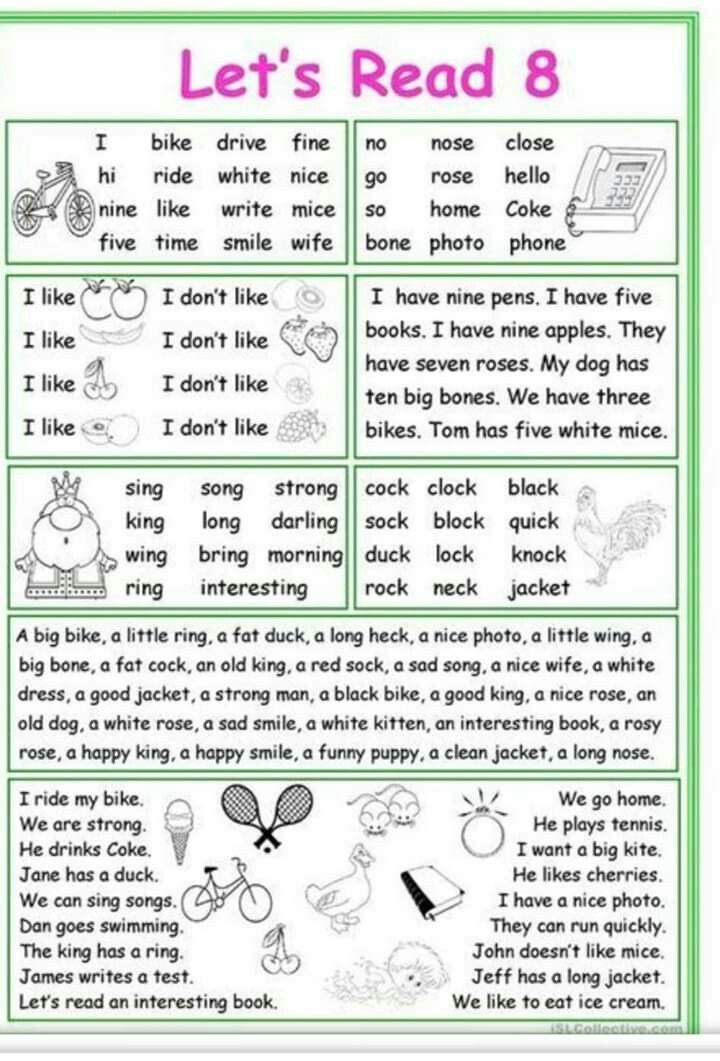 Deniskin's stories.
Deniskin's stories. - Druzhkov Yu. Adventures of Pencil and Samodelkin.
- Zhitkov B. Stories.
- Zakhoder B. Stories.
- Kassil L. Get ready, Your Highness. Conduit and Shvambrania.
- Kipling R. Mowgli.
- Lagerlöf S. Nils' wonderful journey with wild geese.
- Lagin L. Old man Hottabych.
- Larry Ya. Extraordinary adventures of Karik and Vali.
- Kataev V. A lonely sail turns white.
- Kuttner G. Trouble Cauldron. Prokhvessor covered himself.
- Kestner E. Emil and detectives. Button and Anton. Matchbox boy.
- Crews J. Tim Thaler, or Sold Laughter.
- Lewis C.S. The Chronicles of Narnia.
- Malo G. No family. In family. Romain Calbri.
- Maeterlinck M. Blue bird. Ariana and Bluebeard.
- Nekrasov A. Adventures of Captain Vrungel.
- Pogorelsky A. Black chicken or Underground inhabitants.
- Pushkin A.S. Ruslan and Ludmila.
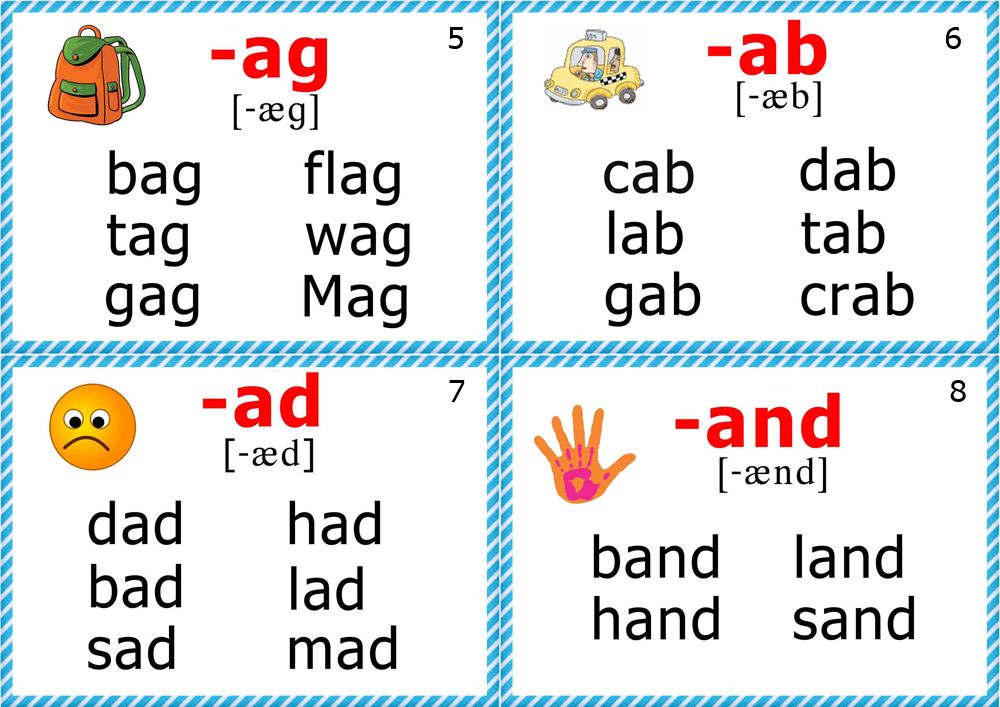
- Raspe E. Adventures of Baron Munchausen.
- Roni J. Sr. Fight for fire. Cave lion.
- Sladkov N. Zakhar Zagadkin.
- Stevenson R.L. Black Arrow. Treasure Island. Suicide Club and Raja's Diamond.
- Seton-Thompson E. Stories about animals.
Read also
- Five books for winter reading with children
- 10 books for family reading in summer
Since you are here...
We have a small request. This story was told thanks to the support of readers. Even the smallest monthly donation helps editorial work and create important content for people.
Your help is needed now more than ever.

